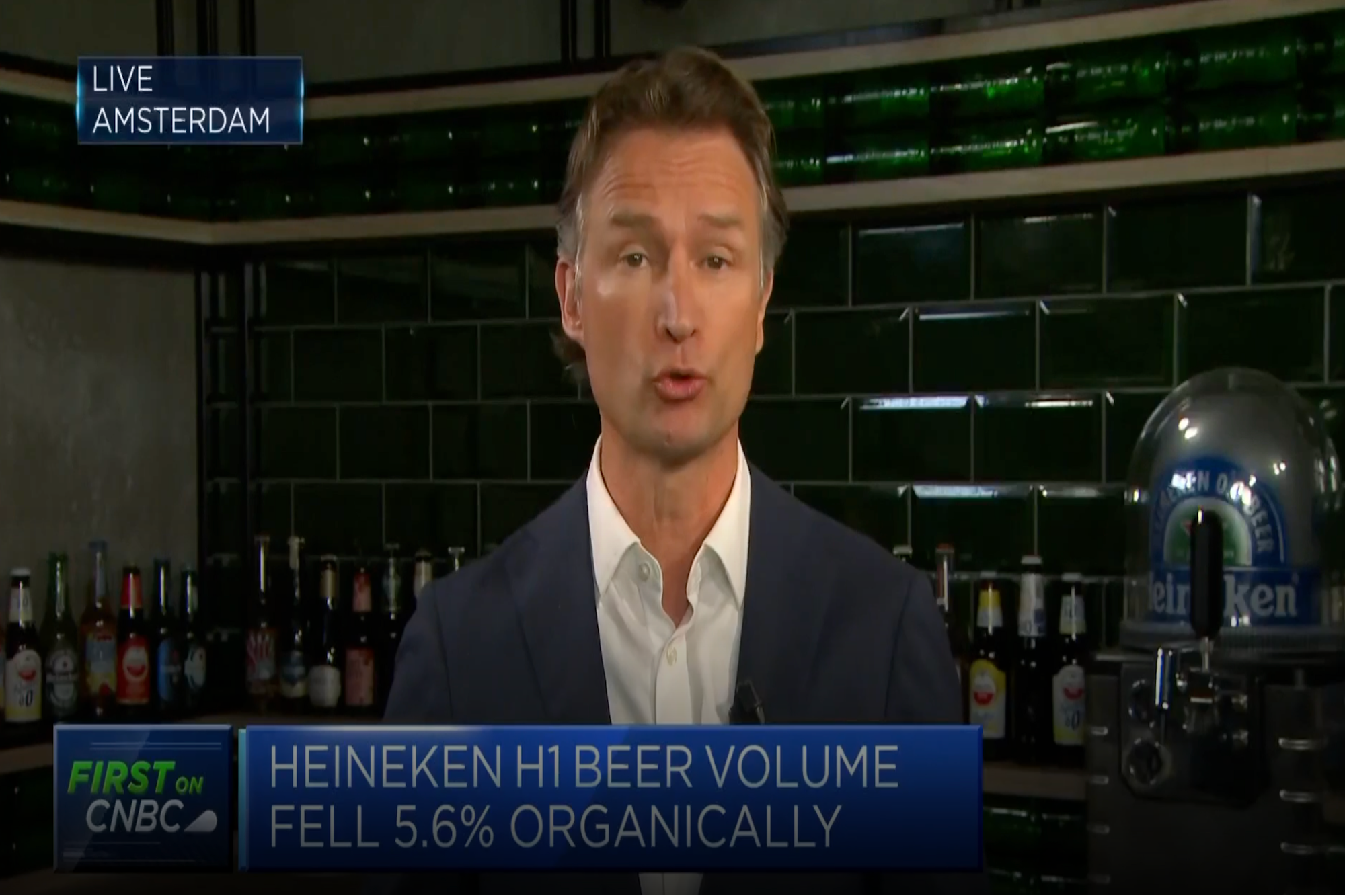Why Intellectual Property Allows You to Be An EntrepreneurSome argue you can't patent an idea, but if IP laws didn't exist, would you even be in business?
ByErik Telford•
Opinions expressed by Entrepreneur contributors are their own.

The United States is fortunate to have the second-strongestintellectual propertyprotections in the world, asignificant reasonwhy the U.S. has been at the center of thetechnologyboom and why it continues to attract the world's best and the brightest scientists, artists, and entrepreneurs. While some shun protections for IP as a damper on the free market, they mistakenly overlook the essential role that an individual's rights to his creations plays in a thriving capitalisteconomy.
AttorneyDavid D'Amatoargues that because ideas are evolutionary, intellectual property is not property at all, and the state should therefore offer no protections for an individual's ideas. D'Amato is right that assigning ownership to ideas is difficult, but the complex nature of intellectual property law is not reason enough to discredit it entirely. Ideas cannot be property, but intellectual property does not protect ideas -- it protects the actual inventions these ideas produce.
Ideas themselves may be evolutionary and universal, but their research, development, creation, and marketing are the outputs of individual innovators. Intellectual property law should protect the rights of those who act on ideas to their finished product, rewarding those who have turned a concept into a tangible and useful creation.
Related:What Robin Thicke's 'Blurred Lines' Can Teach You About Stealing Ideas
IP protections for technology are no different than the laws that allow musicians to collect royalties when their songs are played. Music is a universal concept, but a band holds the rights to its unique creation and is entitled to profit whenever someone else uses that creation by playing it on the radio or buying it from iTunes. Likewise, a budding software engineer should hold rights to a program he develops and tests, even if a major corporation eventually brings the program to market.
This debate over intellectual property law may seem like a byproduct of the digital revolution, but it goes all the way back to the country's founding. Article 1, Section 8, Clause 8 of the Constitution reads: "To promote the Progress of Science and useful Arts, by securing for limited Times to Authors and Inventors the exclusive Right to their respective Writings and Discoveries."
Copyright law has become more complicated because today's innovations are increasingly intangible. But Clause 8 contains the key to striking a balance that protects the sources of ideas while allowing a free market to flourish. IP protection encourages inventors to take risks by ensuring that they will be the first to reap any reward.
Related:7 Ways to Save Big Bucks On a Patent Attorney
It's these risks that lead to the technological advances powering society. By guaranteeing creators the right of first refusal to take their product to market, these laws reward the brightest in their fields and attract more of these bright minds to the U.S. economy.By some metrics, IP protections are responsible for about two-thirds of our national exports and one-third of GDP, and have created about40 million jobs.
Without this kind of protection, entrepreneurs would have little incentive to invest millions of dollars and decades of time into building new products. By giving creators exclusive rights to take their products to market, IP protections allow consumers to reward producers for their work.
Inventors of popular products can quickly recover their research and development costs, and the profit they reap encourages other entrepreneurs to design competing products, opening the market up to true competition based on the merits of ideas, not expediency.
Related:Tell Us: Is Intellectual Property Even Property at All?











